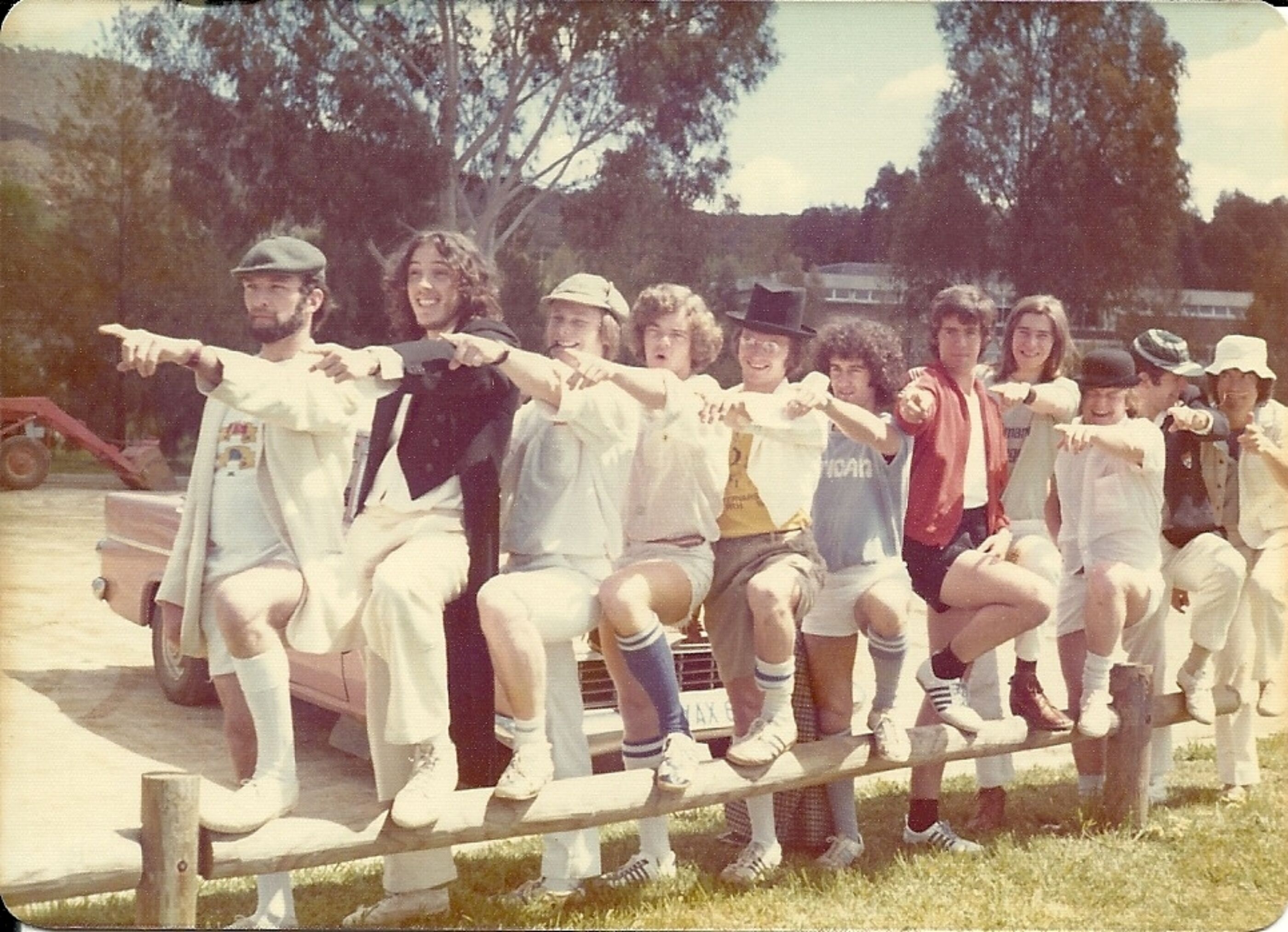
Class Notes 1971–1975
Andree Wright (1971–1972)
Andree says she’s had a great time, professionally, in the UNSW and Sydney Uni history departments before working for Channel 7 on the documentary that celebrated the 150th anniversary of the Sydney Morning Herald. She made a documentary film, Don’t Call Me Girlie, and wrote Brilliant Careers before “joking the Film Censorship Board” where she was paid to watch films all day. She then moved on to the Australian Broadcasting Tribunal and its successor organisations, before finishing her career in the Office of the Children’s eSafety Commissioner in 2017.
Andrew 'Howlin' Wind' Richardson (1971–1973)
Andrew (‘Andy’) ‘Howlin’ Wind’ Richardson is a gifted flautist (hear his music at howlinwind.com), and was one of the first students to reside at Burgmann College. He said his cohort felt they were ‘pioneers’ of the ANU, as Burgmann College was still under construction when they moved in.
Andy recalls the packs of feral black cats that roamed the college grounds at that time, and he was part of the original Burgmann rugby team that sewed the now-infamous black cat patches on their yellow sports jumpers.
‘We needed a rugby jumper for our first game on the weekend—panic. We got some old black felt, cut out black cats, and then sewed them onto our yellow jumpers. We won the game, and our Burgmann Black Cats defined Burgmann College as we became a winning rugby side,’ Andy said.
He also shared a memory of the magical night he and some other residents convinced British comedy superstars Peter Cooke and Dudley Moore to perform a special show in the Burgmann Dining Hall.
‘We knew they we performing in Canberra, so we met them at the Canberra Airport, and invited them for dinner at Burgmann to meet all their fans,’ said Andy. ‘It was a night I’ll never forget. Pure class in the Burgmann dining room—comedy skits, jazz, blues, Dud’s songs, plus Elvis [song covers]. Dudley was a master piano player, and they were a breath-taking comedy duo. Then it was back to “The Conversation Pit” for more jokes, stories, drinks and smokes until the wee small hours.’
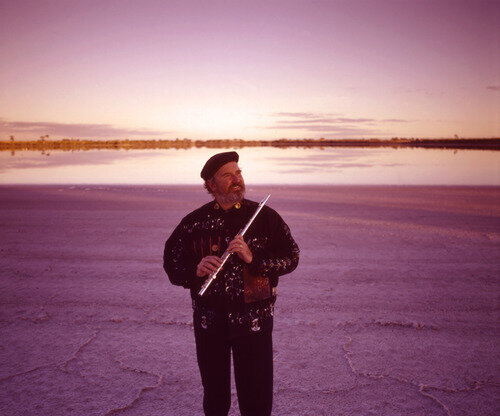
Andrew Smee (1974–1977)
Since graduating, Andrew has held various IT roles, including 18 years at Charles Sturt University. He is currently pursuing a degree in Linguistics and History at the University of New England (UNE).
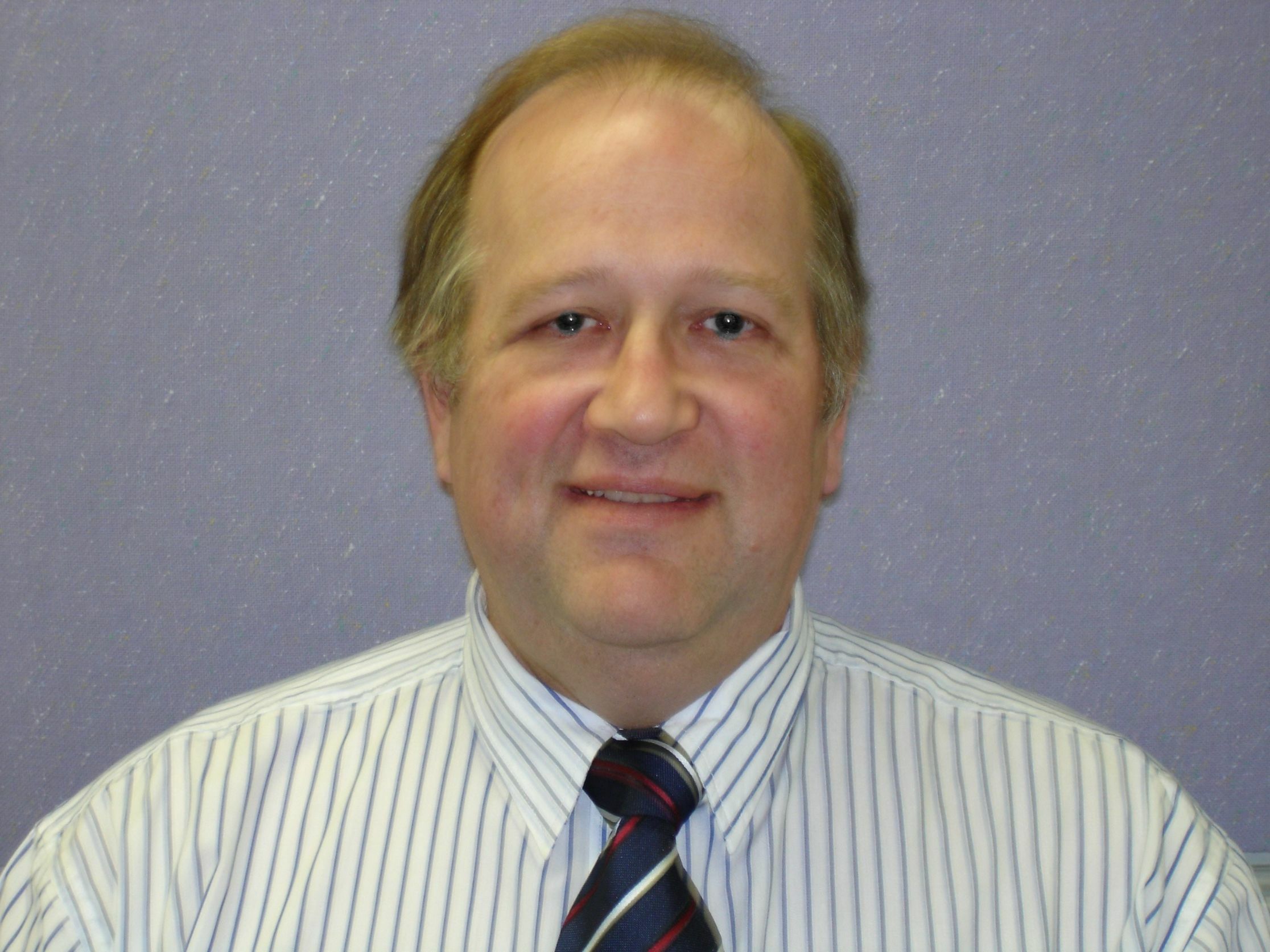
Bonita Maywald (1972–1976)
Bonita had a career in the Public Service from 1991-2013. She now has two children, four grandchildren, and has helped publish community books.
Clinton Reilly (1971–1974)
Clinton completed an MBA at Macquarie University and started his own IT consulting and project management company. He married in 1979 and now lives in Sydney with three sons and two granddaughters.
David Nimmo (1974–1976)
David worked in the Department of the Senate as a parliamentary officer until 1989, then worked as a Solicitor in Canberra until 2013. Following this, David joined the Defence Department as a lawyer and moved to Melbourne.
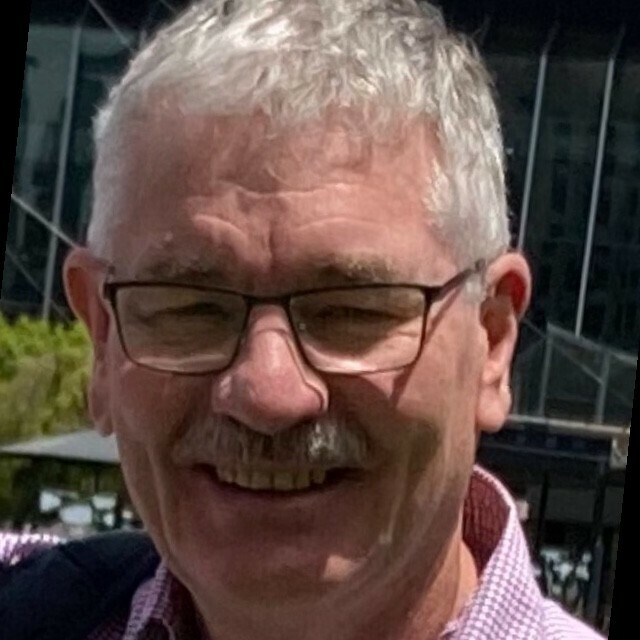
Edwin Gill (1971)
Edwin Gill was married for 20 years, divorced, remarried, and he and his now wife have been together for 21 years. He has two sons, Elliot and Nicholas (Nick). Edwin began his career in finance before transitioning to CEO roles in 1983, eventually retiring in 2014 but still engages in pro bono work. He spent 12 years living in Sydney before moving to Melbourne, and he has pursued numerous interests and activities throughout his life, which he describes as having treated him well so far.
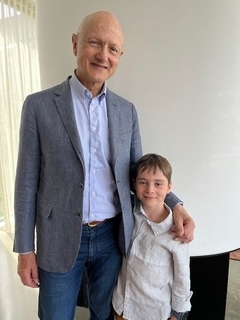
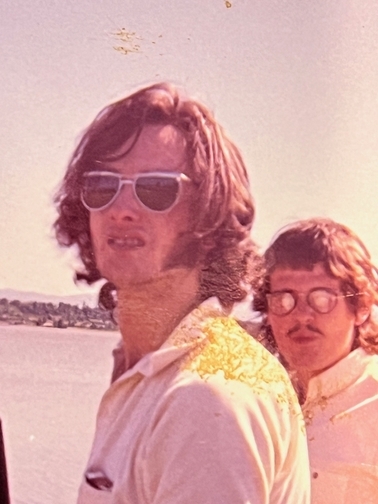
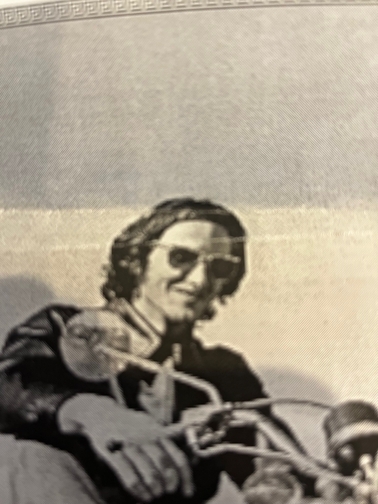
Elizabeth 'Liz' Ann Martin (1971–1973)
Updated October 2025
Elizabeth 'Liz' Martin travelled extensively after University, including several treks in Nepal, Ladakh and Kashmir. She completed the epic overland journey from Bendigo to London overland through Asia and Europe.
She has had a varied working life, including being the original manager of the Otis Foundation, which provides retreats in natural environments for those with breast cancer.
Since leaving the Otis Foundation, she has worked in sustainability, specialising in sustainable housing. She has also been a community photographer and is mostly involved with working for our environment directly through landcare.
She has two children and three grandchildren, including one in Scotland. She is an avid bushwalker and conservationist.
'My main claim to fame at Burgmann was being involved in the original scheme to invite Dudley Moore and Peter Cook to Burgmann, and organising the welcome group at the airport when they came out to rehearse in Canberra for a few days,' reminisced Liz. 'They came to our review night, and I got to sit next to Dudley!
'Burgmann holds so many wonderful memories for me, and I still stay in touch with some of the original Burgies.'
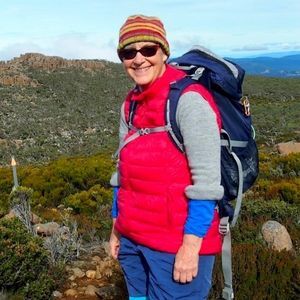
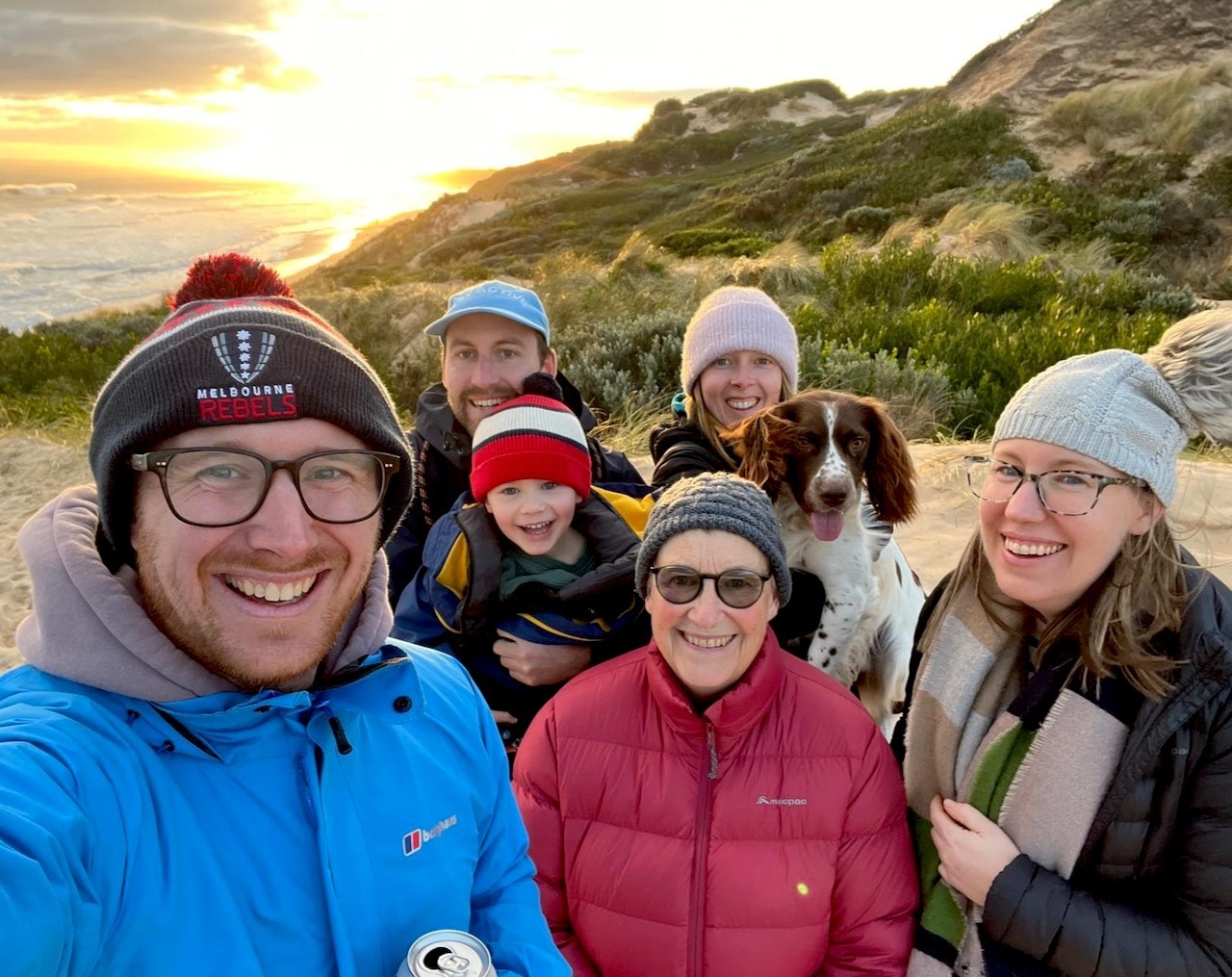
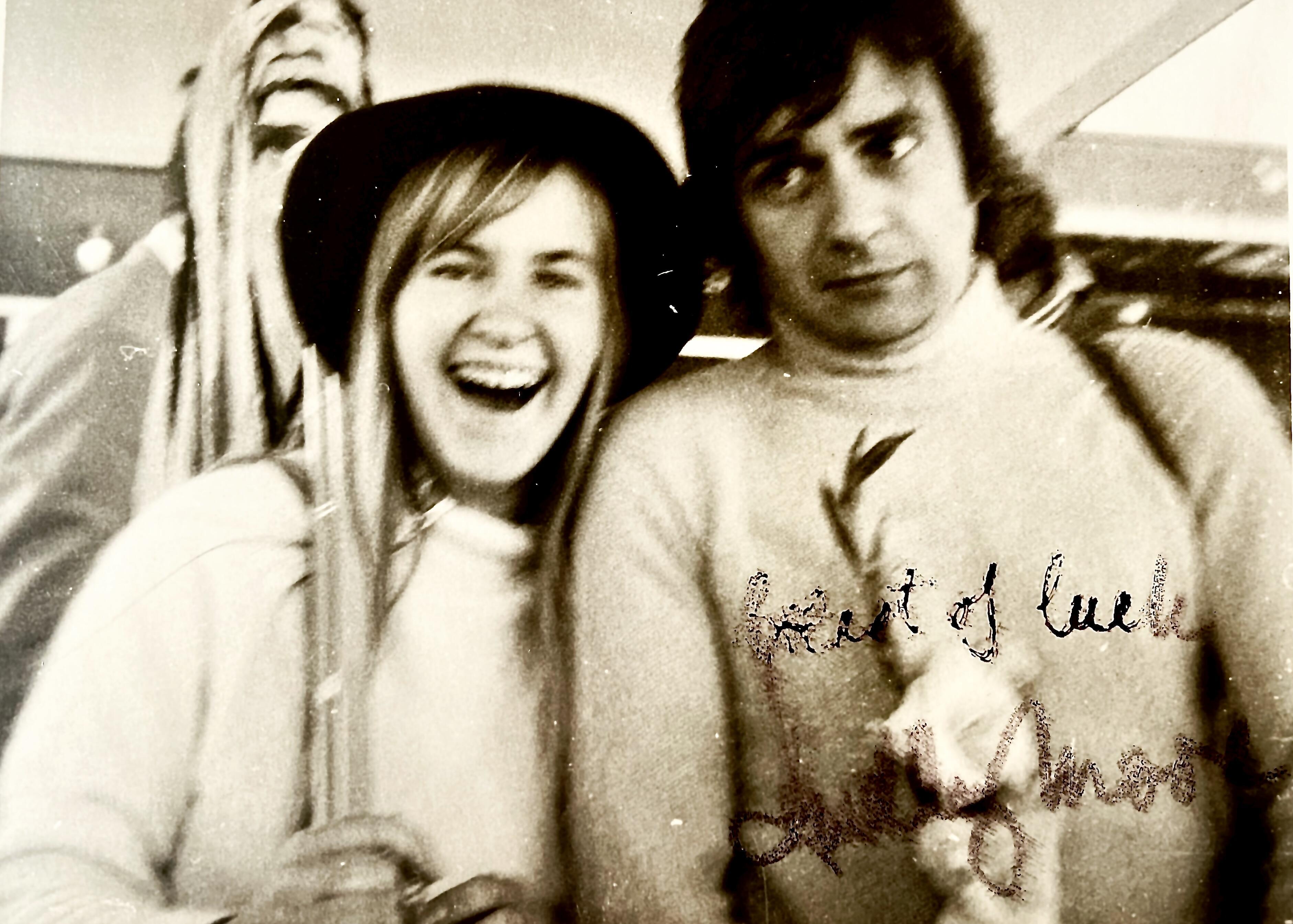
Eric Cother (1971–1973)
When Dr David Griffin was appointed the first Master of the new Burgmann College, he was at Sydney University in the Faculty of Agriculture and had three PhD students: Eric (Ric) Cother, Jill Wilson (1971–1974) and Percy Wong. He offered us a place in the Forestry Department at the ANU, where he was granted a Chair, if we wished to join him in Canberra, and accommodation in Burgmann.
In January 1971, the College was still under construction, so newly-enrolled students were housed in Garran Hall for several weeks. When a couple of rooms were finished, Dr Griffin allocated me a room and a torch to serve as a watchman to keep curious people at bay.
Eventually, students were housed two to a room for many weeks as construction continued. A law student, Perry Whalley (1971–1973), as one of the first to move in, and together we started the Burgmann Residents Association (BRA).
Soon afterwards, we started the shop with restricted hours—in winter we opened again at 9pm to sell hot pies—and I remember the most expensive item was a Cornetto (drumstick) at 12 cents each.
Basil McCallum was the first Bursar and offered me a job at $3 an hour (good money then) to mow the lawns and empty the garbage bins daily on each level down into the mains bins at the delivery dock.
We purchased a ride-on mower (not common in those days) and all was set. Over the 1971–1972 summer break, Perry and I took over the Bonython Room to build a Canadian canoe while there were few residents around. Springbank Island was now accessible.
The Master’s residence was completed about this time and David and Margaret moved in (he was previously living on Liversidge Street). They attended many College barbecues with their Staffy dog, Rex, who loved fried onions. We delighted in feeding these to him surreptitiously when we realised they made Rex fart in excess, especially after he returned home!
In 1972, a third-year Zoology student, Norma Cantrill, moved into Burgmann from Bruce Hall. One Sunday morning while I was mowing the front lawn, this lass strode across the lawn and accosted me, saying that 9am was too early to be waking people up. ‘Bloody undergrads’, I thought.
The first BRA Ball was soon to be held in the Dining Room, and a floor plan with tables was displayed there. I saw that Norma Cantrill had reserved a table near the band—a location I thought was too good for someone who verbally abused me for doing my job. So I rubbed out her name, replaced it with mine, and relegated her further away.
The Ball came and went without incident, but in a feeling of remorse I knocked on her door the following Monday evening, apologised, and offered to take her out to dinner.
Nineteen days later we were engaged, though we delayed our wedding while Norma finished Zoology Honours and I completed my PhD. Last year we joyfully celebrated 50 years of marriage and recently caught up with Perry Whalley in Bangkok.
So you may see why Burgmann occupies a special place in my psyche.
Glenn Atkinson (1972–1973)
As one of the College’s foundational residents, Glenn Atkinson has many fond memories of his time at Burgmann College. ‘I remember Peter Garrett [frontman of Midnight Oil] and Alison Summers [acclaimed writer and theatre director] had rooms either side of me at Burgmann in 1972–1973, and John Cropper was President of BRA—such a gifted pianist, and the absolute life of any party’, he said.
He also recalls several escapades on and off campus during his time as a resident: ‘[I remember] Richard Cook spraying us with the fire hoses at the front door when returning from dinner late one night, and days at the Randwick Races with Colin Griffiths. Getting caught in a wild night storm in Bowral farmland with John (“Jack”) Corrie and his sister, and winter drive-in movie marathons without heating in Goulburn with five of us in a Mini. Hallway parties, and a visit by USA exchange students (maybe in 1973?) and attending the opening of the Sydney Opera House with a student from San Diego.’
Some of his highlights from his time at Burgmann were the ‘wonderful student camaraderie, fun and friendship, establishing personal independence away from home in Sydney, exposure to many different ideas and unfamiliar lifestyles, and learning the Law.’
He worked as a research officer for Senator Gordon Davidson (Liberal Party, South Australia), then moved to Brisbane in 1980 where he has practiced as a family law solicitor.
At the time of this writing, Glenn is 70 years old, married, and has four children and one grandchild.
Graeme Rankine (1971–1974)
Graeme teaches in the MBA and Executive Education programs around the world.
Jill McSpedden (1972–1974)
Earlier this year, for the occasion of Burgmann’s Mega Luigi’s on Valentine’s Day, Jill and husband Robin Brown (1971–1973) shared how their story started at Burgmann and continued, which featured in The Canberra Times article, The enduring love stories of Burgmann College as it celebrates 50 years (February 2021).
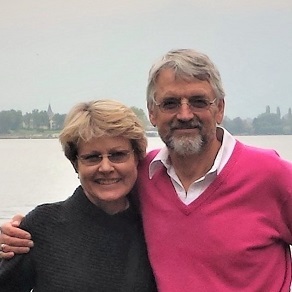
John Levingston (1971–1971)
Updated Autumn 2025
John worked in Sydney’s legal field and is a member of the New South Wales Civil and Administrative Tribunal (NCAT), a mediator, and NSW Supreme Court Costs Assessor.
John Turner (1974-1981)
Burgmann alum and former Assistant Bursar, Dr John Turner (1974-1981) visited Burgmann College on Friday 30 January 2026 for lunch and a tour of the College. John had many stories to share from his time both as an alumni and staff member and was involved in organising the very first Back to Burgmann event in 1981. John’s career in mathematics, computing and education led to a doctorate exploring these topics, and he is now working with pre-service teachers in Melbourne.
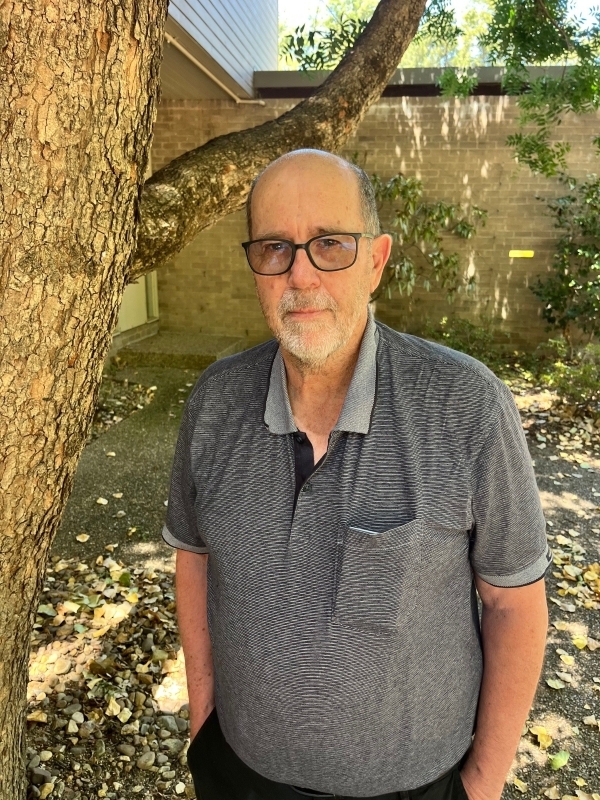
Published 20/2/2026
Lesley Townsend (1973–1977)
Lesley has worked as the Conference Officer at the Centre for Continuing Education at the Australian National University, an Administrative Assistant at Esso Australia Ltd, an Administrator at the Save the Children Fund in Khartoum and Port Sudan, and as an Executive Officer of human and animal ethics committees at Royal Prince Alfred Hospital in Sydney.
Neal Baudinette (1971–1975)
Neal Baudinette is one of the original Burgies, moving to the College upon its opening in 1971. Since graduating, he has worked as a teacher in a number of different capacities, including six years as a teacher at the Cranleigh Special School before moving into adult education at the Canberra Institute of Technology (CIT) in 1984.
In 1993, Neal began working in the Canberra Hospital as a Workplace Communication Consultant, where he provided customised workplace communication to approximately 1200 workers covering a wide range of courses.
Neal went back to teaching at CIT in 1999, where he worked as a Manager and Advanced Skills Teacher, teaching career development and employment skills across the CIT. He then worked for a year as the Marketing Manager for CIT in 2006, before becoming an Education Officer for the ACT Legislative Assembly, where he developed, implemented and evaluated a wide range of education programs for the ACT Government and non-government sectors.
Since retiring in 2016, Neal has worked as a volunteer for a number of organisations, including the ACT Greyhound Support Network, the Migrant and Refugee Settlement and Support Network (ACT), ACT Red Cross Mentoring Support Network for Refugees, and the Calvary Hospital Refugee Mentoring Support Program.
He currently undertakes contract work for ACT Government agencies as required, including as a Careers and Employment Advisor at CIT, an Education Officer for the ACT Legislative Assembly and Elections ACT, as well as working as a casual educator at the National Museum of Australia on a range of programs.
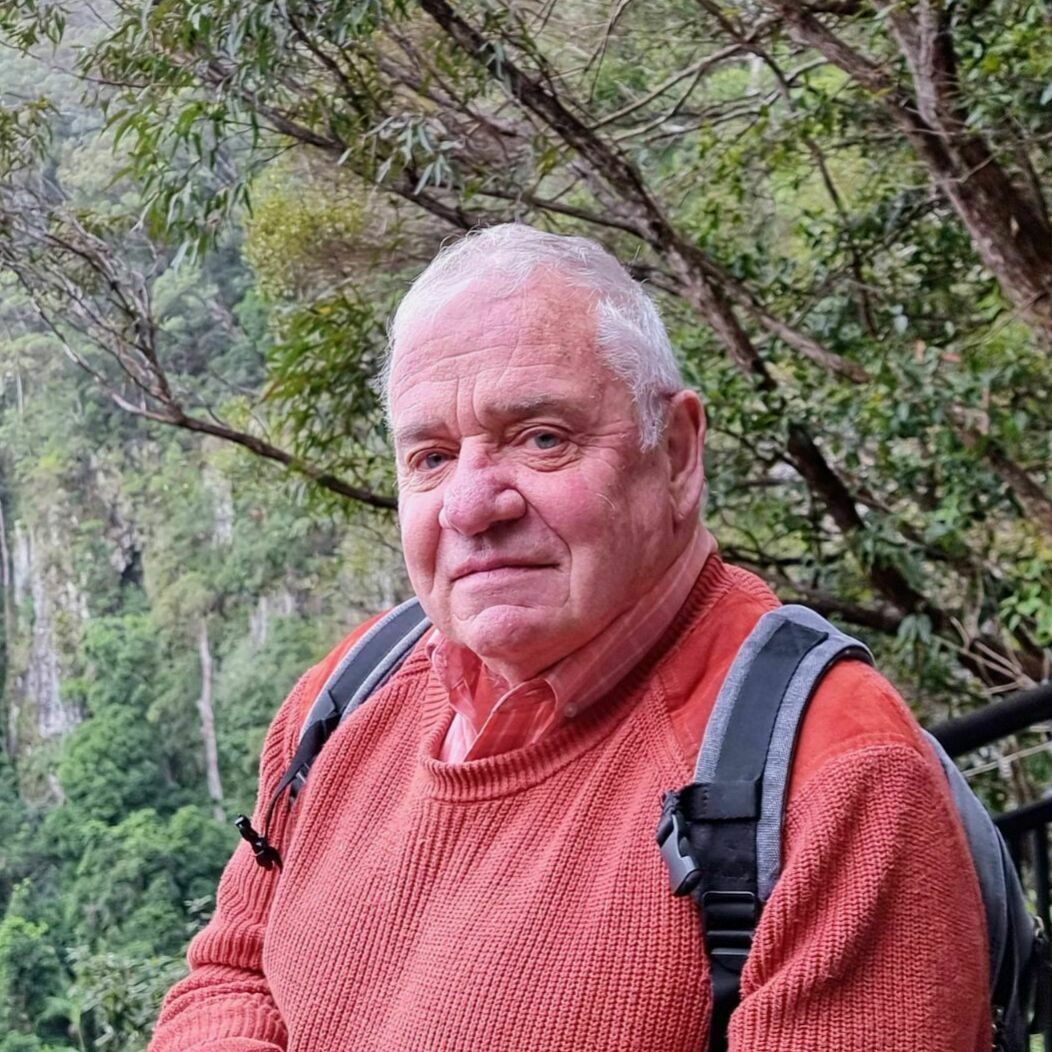
Nigel Masters (1971–1974)
Nigel taught at Melbourne Grammar School for more than thirty years, before retiring to farming in Warragul. Nigel married a teacher and had three children.
Peter Furlonger (1971–1974)
Peter has had a diverse career since leaving Burgmann, working for an American company in Indonesia, then in the Australian public service, for Department of Foreign Affairs and Trade, the then Office of National Assessments (now Office of National Intelligence), Department of the Prime Minister and Cabinet, and Office of the Inspector-General of Intelligence and Security (IGIS).
Peter Graves (1972–1974)
Peter has worked as a federal public servant for all of his working life. He has also been a telephone counsellor for Lifeline Canberra (1978-83) and President of the Canberra One-Parent Family Support Service (1991-2011). He is currently Chair of the Canberra Chapter of the Walter Burley Griffin Society.
Peter Maywald (1972–1975)
Peter worked in administrative review and complaint resolution (human rights and Ombudsman), was the Chief of Staff to various state and territory ministers, and has worked as a consultant on governance and international relations.
Philip Diprose (1973–1976)
Section Manager, Woolworths, Cooleman Court; Public Servant, AusAID 1978–1996, which included a posting as Second Secretary (Development Assistance) to Thailand, 1982–1984; Public Servant, Department of Industry, Science & Resources, 1996–2010, including being the Secretariat for the Committee convened to develop a national Marine Science & Technology Plan (1999); several years as Manager of the Science Awareness Section and Science Connections Program, responsible for administering National Science Week and the Prime Minister's Prizes for Science; also serving as Secretariat to the Chief Scientist, Dr Robin Batterham, in preparing three reports to the Minister on major issues in science administration. After leaving the Public Service I worked as a consultant to Questacon for short periods over the next three years.